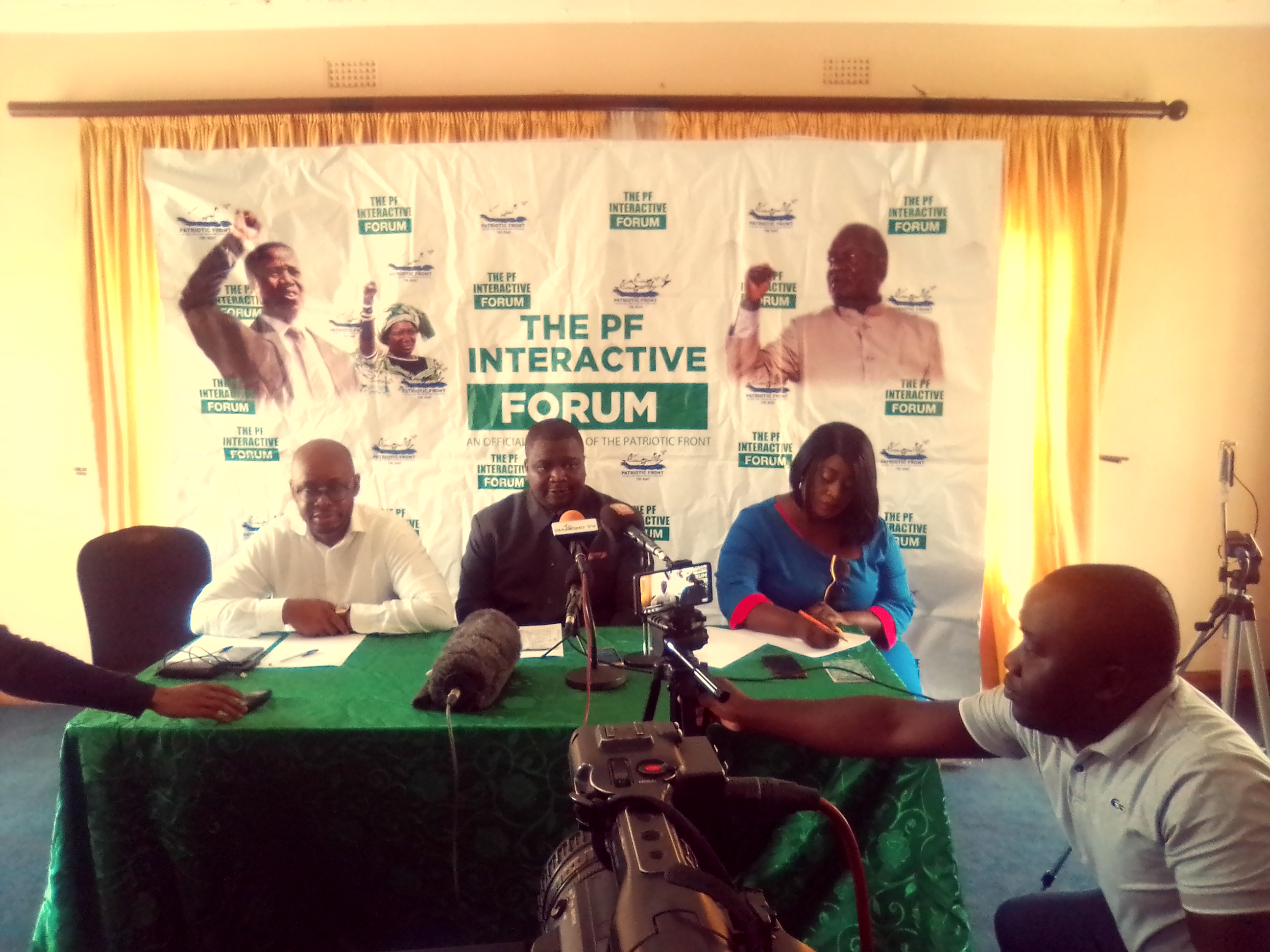Panos calls os SADC govts to fight corruption
Notice: Undefined index: catFilterList in /home/zambi/public_html/wp-content/plugins/wp-likes/api.php on line 243

PSAf Executive Director Lilian Kiefer with Thomas Zulu, station manager of Petauke Explorers FM.
By Lilian Kiefer
Executive Director, Panos Institute Southern Africa (PSAf)
International Anti-Corruption Day: PSAf calls for improved accountability in resource management
On International Anti-Corruption Day, Panos Institute Southern Africa (PSAf) calls for improved accountability in the application of public resources especially as it relates to services targeting the poor and marginalised people.
This year’s commemoration is being held under the theme United against Corruption for Development, Peace and Security. Corruption is one of the greatest impediments to economic growth and poverty eradication efforts in Southern Africa.
According to the Transparency International Corruption Perceptions Index, a number of Southern Africa countries rank among the most corrupt in the world. A report published by the Cable News Network in January 2016 argued that “corruption is the single biggest threat to Africa’s growth”. This is an embarrassing situation, which all of us concerned about the development of Southern Africa need to fight.
It is clear that corruption is bleeding public resources and condemning millions of poor and marginalised citizens deeper into poverty. This has been confirmed by different bodies in various SADC countries, such as the Auditor General, Anti-Corruption Commission, Public Protector, or their equivalent, which year after year highlight a lot of malpractices in the management of resources. While these institutions always recommend some corrective measures, these are rarely implemented.
In most communities, it has become common practice for public servants like health personnel and teachers, among others, to divert public resources into personal use. For example, it is no longer surprising to find drugs meant to be delivered to rural or peri-urban clinics being sold in markets without prescription.

Swedish Ambassador to Zambia, Ms. Lena Nordstrom, handing equipment to Jeanipher (IsoFM)
To contribute to a solution, PSAf recommends the following measures:
a) That governments put in place strong and clearly defined mechanisms to seal all loop holes that are breeding corruption, especially in the public service.
b) That government offices work in a transparent manner, with clear lines of accountability to the citizens.
c) That access to information legislation be put in place and that the media be encouraged to operate independently and free of influence from corrupt individuals or entities.
d) That bodies such as the Anti-Corruption commissions be depoliticised.
e) That reports and recommendations from statutory bodies such as the auditor general/public protector’s reports be taken serious by policy makers and policy implementers/enforcers.
In line with its vision of a Southern Africa community that owns and drives its own development, PSAf creates and supports platforms through which citizens can demand accountability. These platforms provide a foundation upon which we can build a strong, citizen driven anti-corruption fight.
Issued by:
Lilian Kiefer
Executive Director, Panos Institute Southern Africa (PSAf)
Email: general@panos.org.zm, Tel: +260978778148/9























